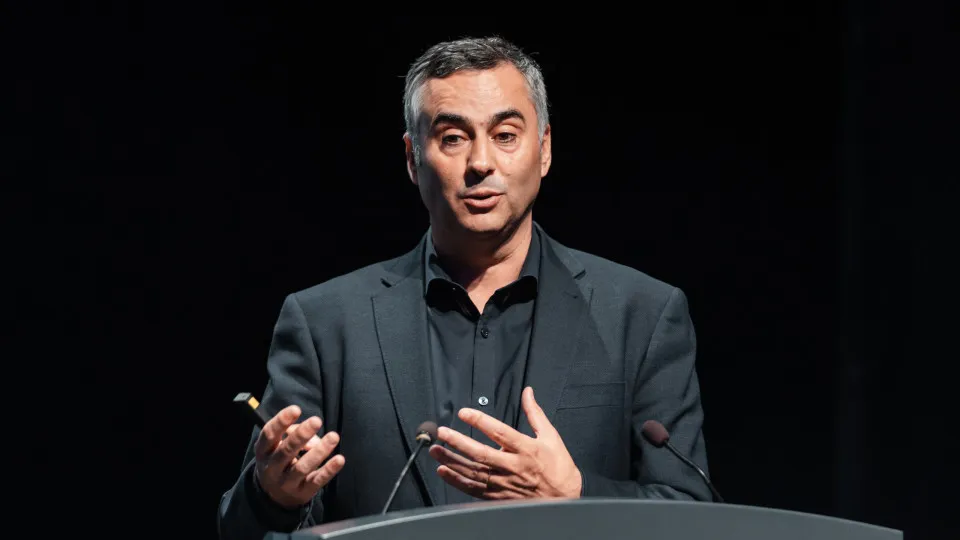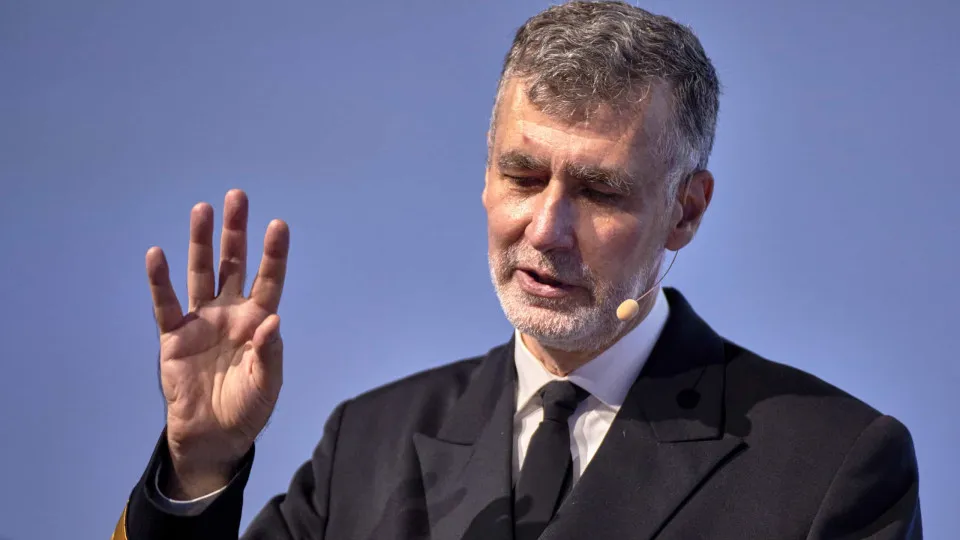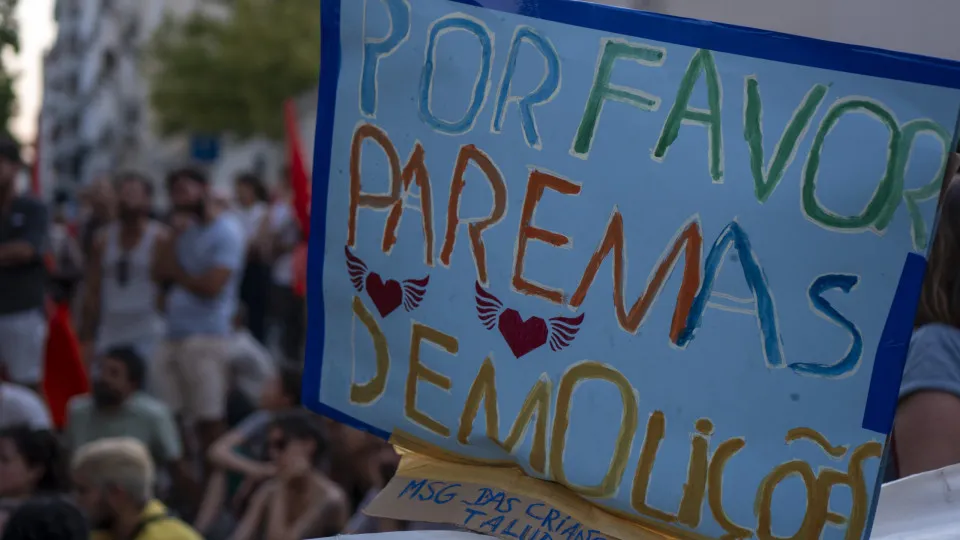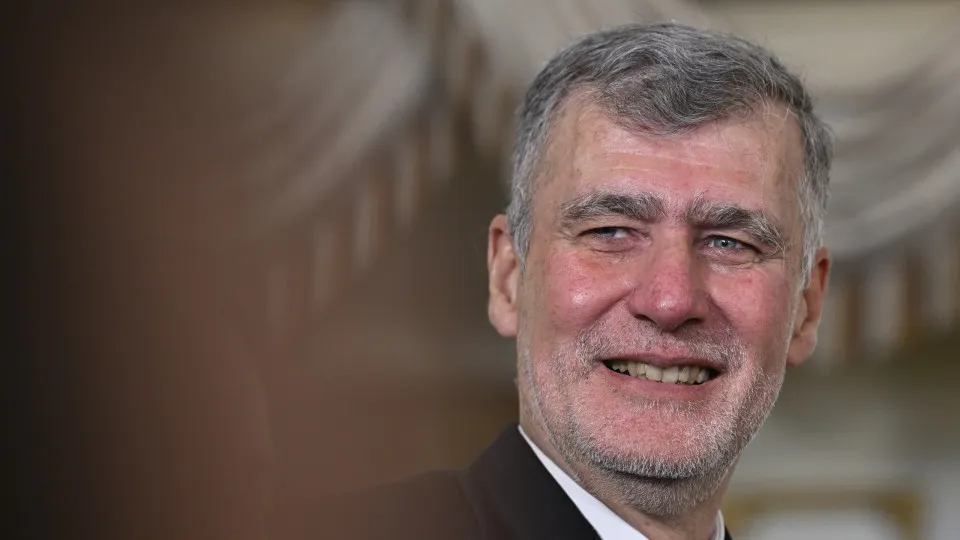
The Minister of Education, Science, and Innovation expressed concern over the decrease in students placed during the first phase of the National Access Competition to Higher Education (CNAES), attributing this to “the change in exam rules,” which now require the completion of three national exams to finish the 12th grade and at least two exams to apply for higher education.
These changes, implemented in 2023 by then-Minister João Costa, are considered by the current ministerial team to be “heading in the right direction.”
“It doesn’t make sense to change the rules again. We are committed to stability,” stated Fernando Alexandre, emphasizing that the current model is “a guarantee of quality.”
The release of CNAES’s first phase results revealed it was the year with the fewest students placed, prompting student associations and higher education institutions to urge the authorities to reconsider the rules.
The minister stated that “the exams will remain,” noting that results from the last two CNAES phases are still pending and expressing confidence that “thousands of students” will be placed.
“National exams are an essential tool for assessing learning,” and without them, it is impossible to identify “which schools are performing well and which are not,” he explained to journalists following a negotiation meeting with unions.
Addressing a new access model, the minister acknowledged the possibility of a future “national debate” to consider changes, recognizing that some higher education institutions in the interior regions were significantly affected by the decline in students.
“The reduction was heavily concentrated in a number of institutions, which are essential for the country’s development and cohesion. These are institutions located in low-density areas and are crucial development centers,” said Fernando Alexandre, expressing openness to discuss new strategies with these institutions.
Another reason cited by students and institutions for the decrease in applicants concerns the cost for families of having a child studying away from home, with accommodation being the largest expense.
However, Fernando Alexandre claims there is no connection between placements and accommodation prices.
Regarding the progress of the National Plan for Accommodation in Higher Education (PNAES), he stated that it is “not delayed” and announced that more beds will be available soon.
“At the start of the academic year, about 500 beds will open in Beja, another 200 at Nova University, and 200 at ISCTE,” he said, anticipating “19,000 more beds in a year.”
Asked by journalists about potential challenges in implementing the ban on smartphone use in 1st and 2nd cycles, the minister assured that the measure “was very well received” by schools, noting that the prohibition had “positive effects on learning.”




